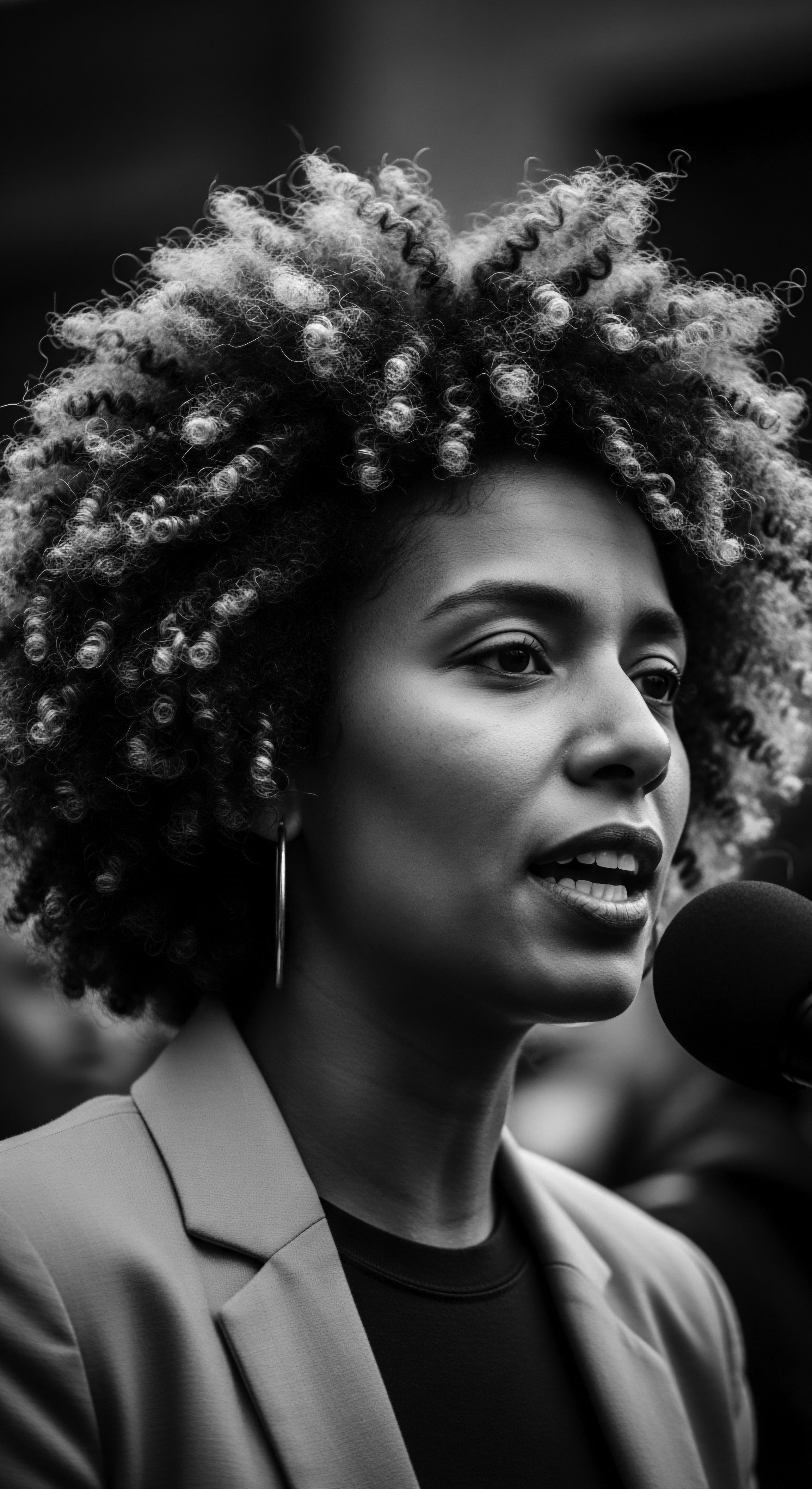
Can African Black Soap Help with Scalp Balance for Textured Hair?
African Black Soap, a staple of West African heritage, can support scalp equilibrium for textured hair by cleansing deeply with natural antimicrobials while nourishing with traditional oils.

What Traditional Ingredients Aided Textured Hair’s Moisture Balance?
Ancestral practices, utilizing natural oils and butters, provided essential moisture and protection for textured hair.
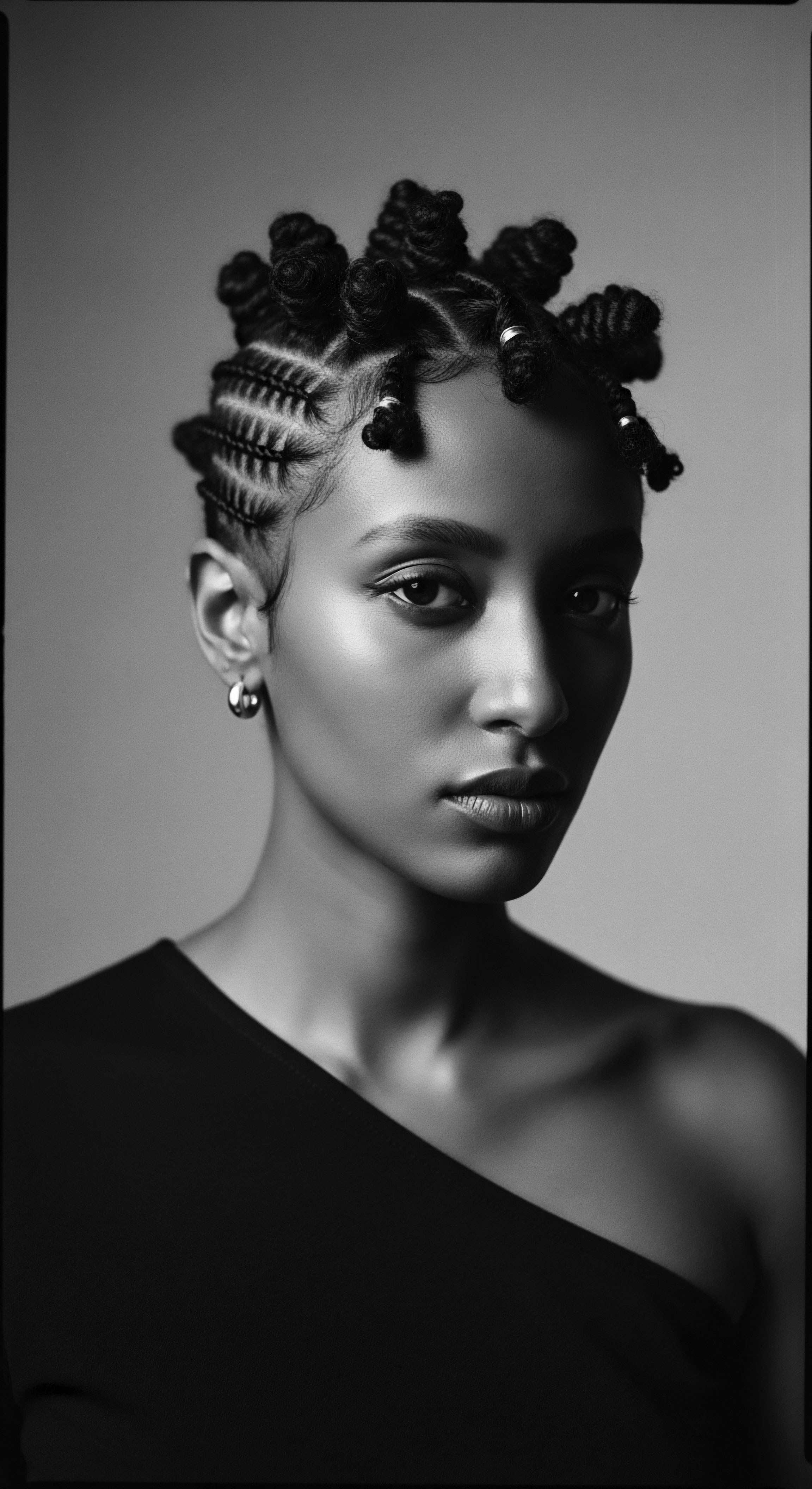
How Does Dosha Balance Affect Textured Hair?
Dosha balance, a principle of ancient well-being, offers a lens to understand textured hair health through its deeply rooted heritage.

Which Ayurvedic Herbs Benefit Textured Hair’s Moisture Balance?
Ayurvedic herbs provide essential moisture for textured hair, drawing from a rich heritage of ancestral practices and natural botanical knowledge.
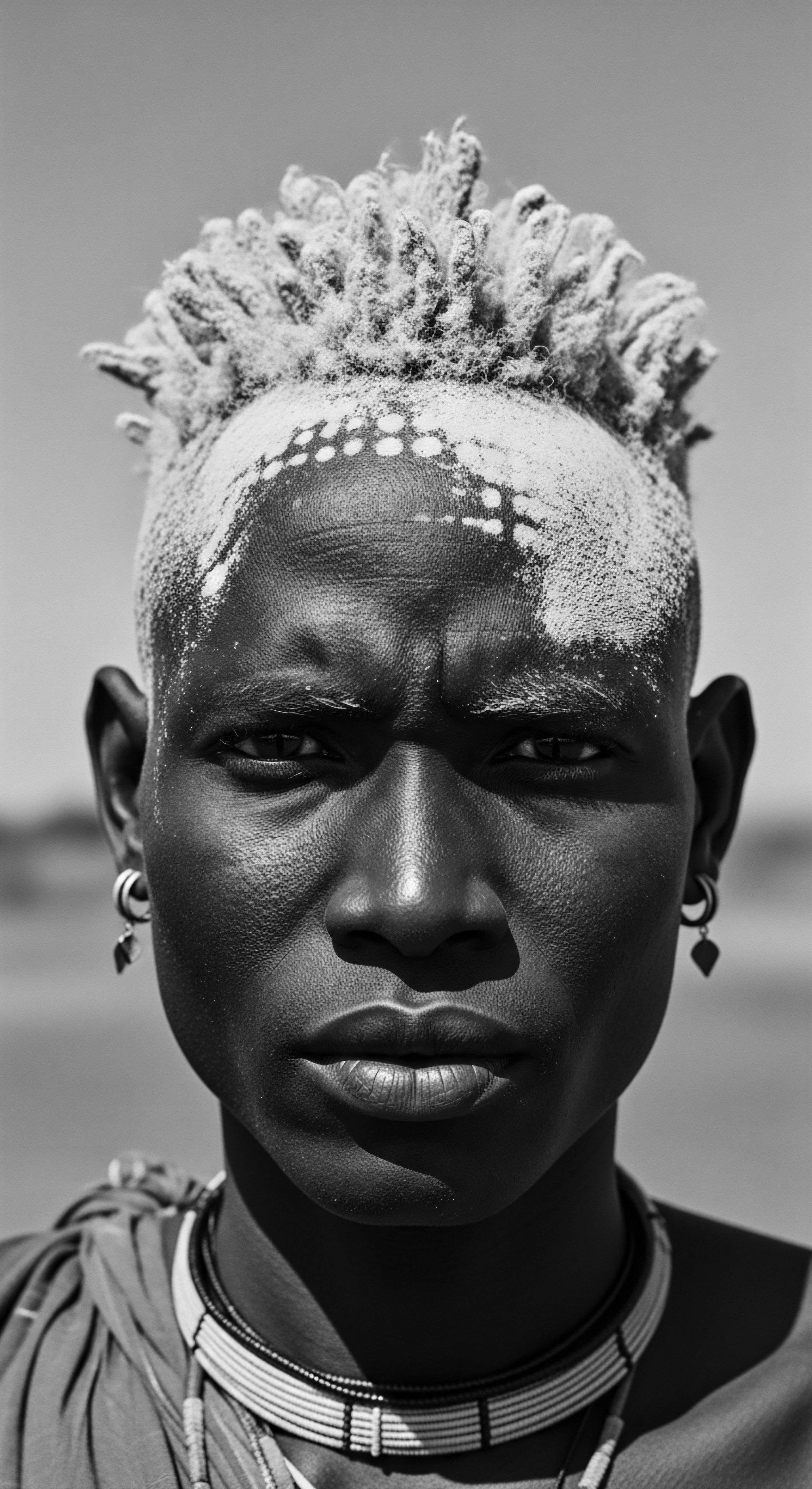
Can Rhassoul Clay Help Balance Scalp Health for Textured Hair Types?
Rhassoul clay deeply cleanses and balances the scalp for textured hair by absorbing impurities while respecting its natural moisture, a practice rooted in generations of North African heritage.

What Ancestral Practices Balance Black Soap’s Cleansing Action for Textured Hair?
Ancestral African practices balance black soap's cleanse with pre-oiling, herbal rinses, and deep conditioning from natural ingredients, honoring textured hair's heritage.
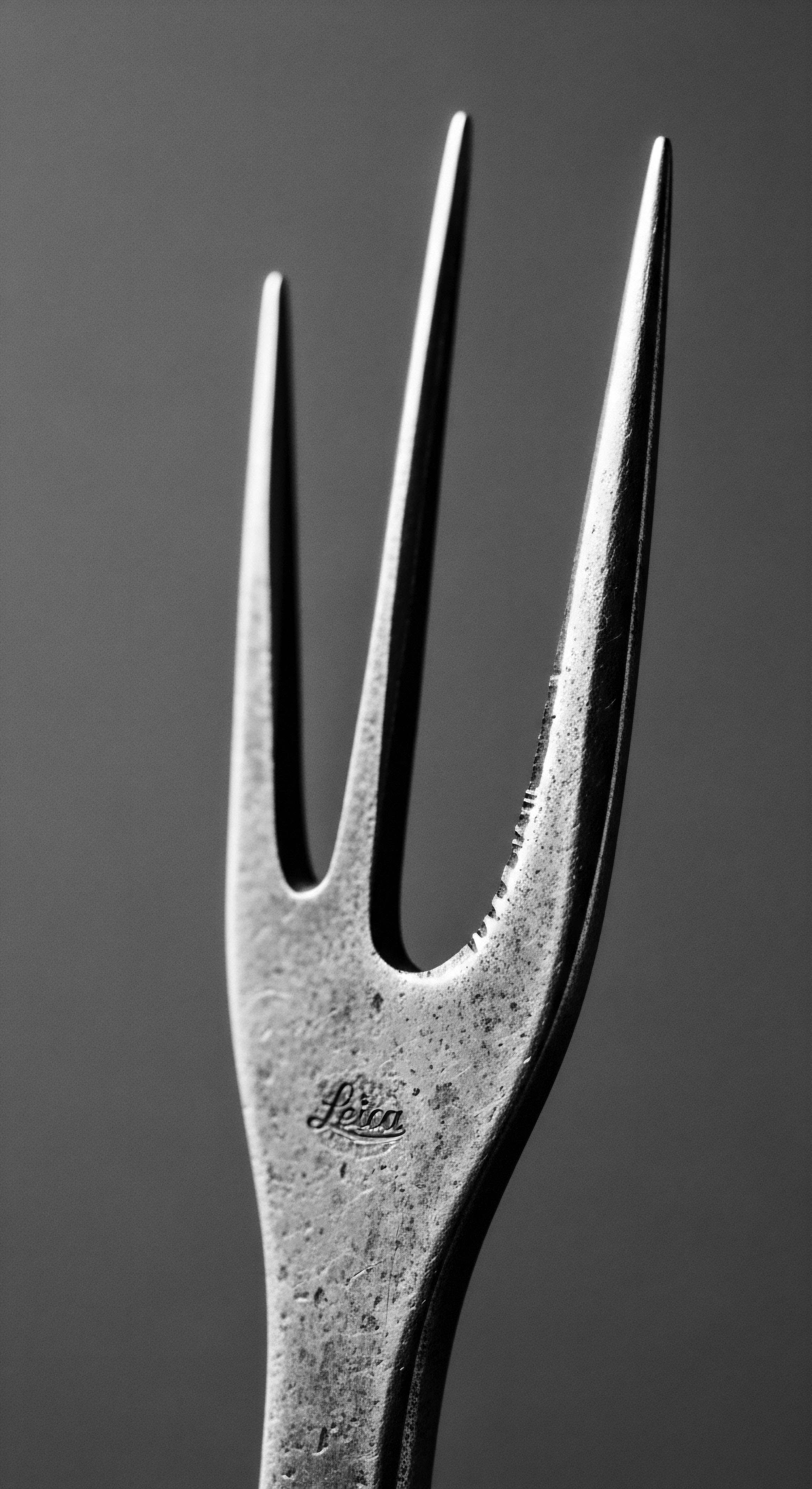
Can Traditional Remedies Improve Moisture Balance for Textured Hair Scalps?
Traditional remedies from textured hair heritage often improve moisture balance for scalps by utilizing natural emollients and humectants, passed down through generations.
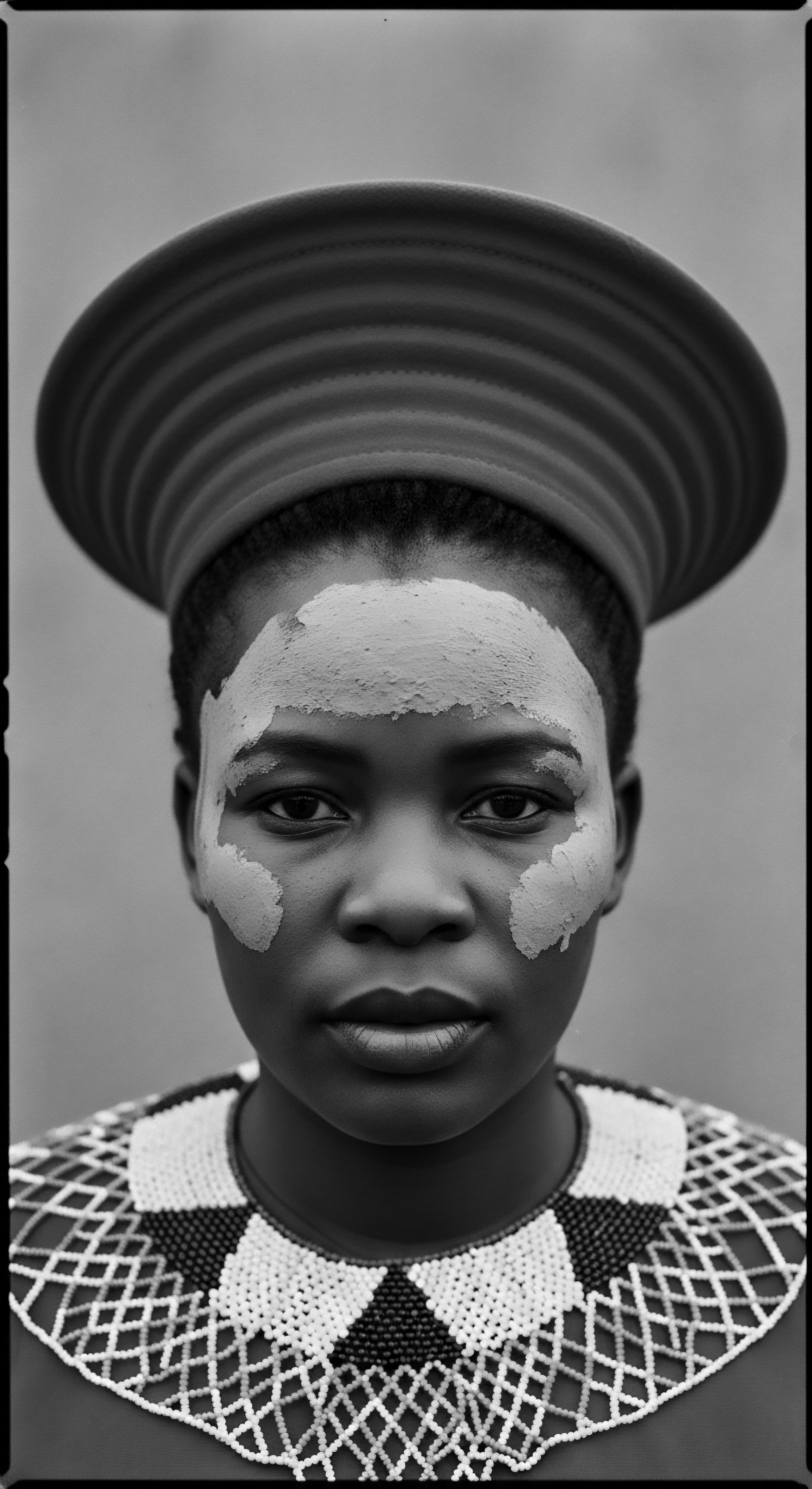
How Did Heritage Practices Support Textured Hair’s Moisture Balance?
Heritage practices supported textured hair's moisture balance through ancestral knowledge, natural emollients, and protective styling techniques passed through generations.
